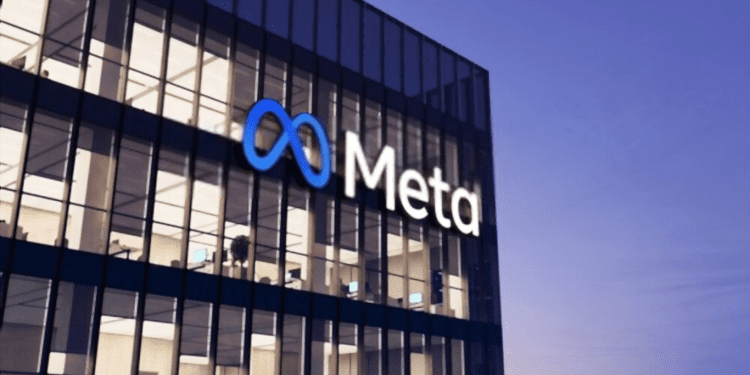Meta, formerly known as Facebook, has plans to rule the Metaverse. Most notably, conveying this by changing their name to Meta and diving headfirst into the space. They’re certainly interesting if you haven’t seen any of their commercials over the past year or so. Even more interesting is that Meta is implementing a hiring freeze and plans to restructure. So, let’s dive in and see what lies ahead for the social metaverse company.
Meta Times Ahead
Facebook has had quite a journey of becoming part of the parent company Meta Platforms Inc. It is evident in their motives that they aim to be at the forefront of the future of digital connection.
Referring to Meta’s Q2 2022 earnings call, much was discussed. After all the boring yet essential legal jargon about forward-facing statements, etc., we land where Mark Zuckerberg begins to speak. Things started optimistically regarding overall user growth for Meta’s family of apps, but the sentiment didn’t stop there.
Zuckerberg stated, “Many teams are going to shrink so we can shift energy to other areas inside the company. And I want to give our leaders the ability to decide within their teams where to double down, where to backfill attrition and restructure teams while minimizing thrash to the long-term initiatives.” Furthermore, it describes how plans and future goals are still expected to be met with leaner teams.
What’s The Big Deal?
Meta isn’t the only tech company having to restructure. Groupon, DocuSign, and Twilio have laid off hundreds of employees. Shopify had to lay off 1000 employees this year alone. It just further displays the state of the global economy. And with volumes down on companies such as these, this overall effect creeps into emerging markets and their technologies.
During this time, it pays to see what companies are hiring. Or, for that matter, even companies making acquisitions or combining forces. It shows who has been doing an excellent job of balancing the many aspects of their business. If companies display these strengths now, imagine how they will be when times are better, and money in the space flows around again. It’s a good shakeout. This is true for both investors and companies in the space.
State of Business
Meta has come out with a business report for the last three years. It’s pretty extensive, and it’s called the Global State of Small Business Report. Over 22,000 individual business leaders from 30 different countries and territories participate in it. With all of Meta’s access to the mass amounts of data it collects, it is easy to see these challenging times ahead.
At market close, Meta was at 140.28 per share at the time of writing. In addition, the stock has been down 57.87% this past year. If you dive deeper into the 5-year chart, it’s down 18.55%. Say you have held stock in the company since its IPO; you would still be up over 260%. It pays to zoom out, especially during times like these with recessions looming.
Future Plans
No matter how you feel about Meta, Facebook, or Mark Zuckerberg, it comes down to one thing. Can Meta pull it off? I don’t doubt that Meta will survive as a company overall during the downtimes we are having globally. However, the real question is, how will they integrate themselves into the Metaverse?
With transaction fees close to 50%, many in the space are not impressed. For example, in Horizon Worlds, Meta’s virtual reality game, for every transaction, a 30% fee is taken by their Oculus platform. The remainder is going to Meta’s app store. Of course, they must monetize and need to pay the employees they still do have, but this seems excessive. It is certainly not what we are used to in the space at large.
Further on in the Q2 earnings transcript, Zuckerberg stated, “And the Metaverse is a massive opportunity for several reasons. Most importantly, it enables deeper social experiences, where you feel a real sense of presence with other people, no matter where they are.”
If that’s the aim, perhaps some rethinking is in the works. No matter where we are, most of us don’t want to pay 50% in fees. We are early here, and as consumers, we have some choice in shaping how things play out. Much of that comes down to where we spend our time/energy and what platforms we use. Until next time, catch you in the Metaverse.














